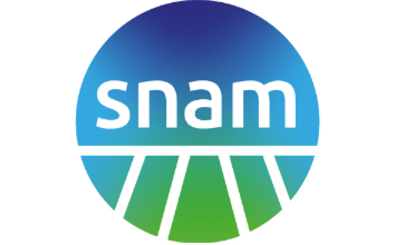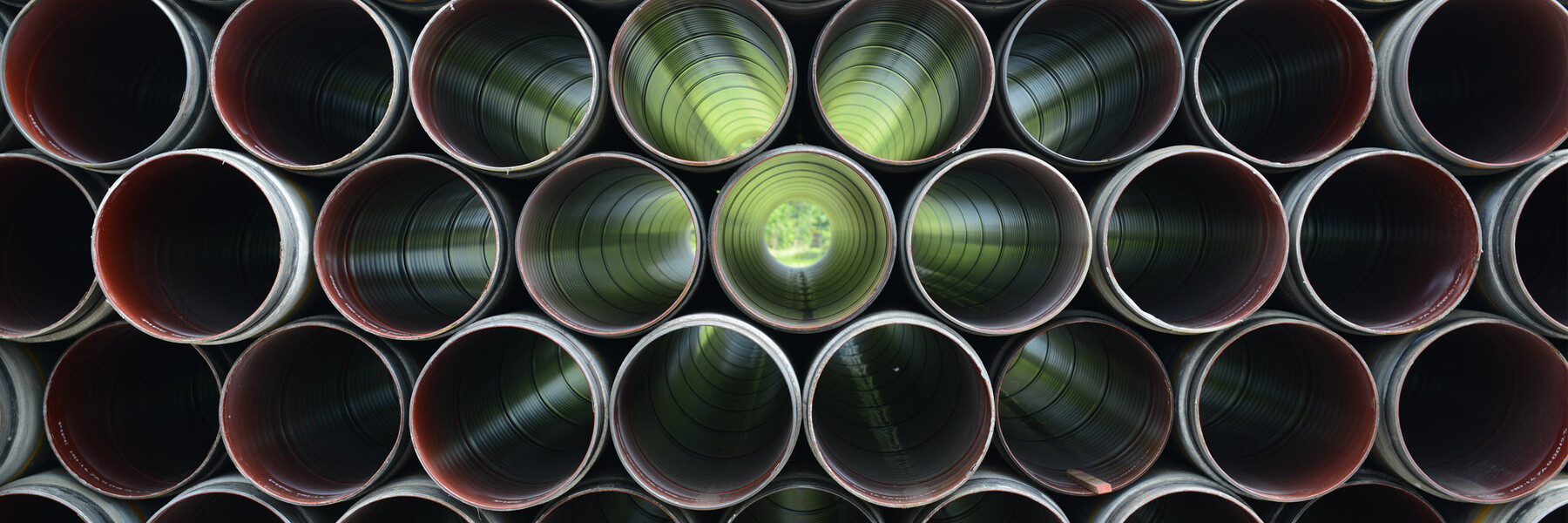INNOVATIVE PROJECTS PLATFORM

Partnership
Partnerships are a great way forward to enable decarbonisation of the gas sector. ENTSOG’s Members - the gas TSOs - are engaging in new partnerships and initiatives and are actively working together with various private stakeholders on projects aimed to offer sustainable solutions for the gas sector and of the whole EU economy. The Gas for Climate Initiative is one example of one such partnership group.
OGE
GET H2 TransHyDE
The central fundamentals for the reliable operation of a climate-neutral hydrogen infrastructure are now being further deepened with a view to the future - RWE, Nowega, Rosen, Evonik, the University of Potsdam, the DVGW, Adlares, Meter-Q Solutions and OGE are working on practical solutions for the transport of hydrogen.
OGE
SyWestH2
In the H2-suitability of steels project , materials that are currently used in Germany for the transport of natural gas are to be examined for their suitability for hydrogen. Random fracture mechanical tests should be carried out to check the steels used. The determined characteristic values are compared with the results on which the American regulations ASME 31.12 are based. The transferability of the ASME standard to the steels used in Germany is then validated. In partnership with Materials Testing Office (MPA) Stuttgar, DVGW
OGE
hybridge
hybridge – the name of the largescale power-to-gas project by Amprion and Open Grid Europe (OGE). From 2023 it is planned that the pilot plant will be able to convert up to 100 megawatts of electrical power into hydrogen. With this project, the aim is to further develop a technology that will play a key role in the transformation of our energy system.
Nowega
GET H2
The strategic goal of Get H2 is to combine regions with a high share of renewable energies from wind and solar sources with H2 production on an industrial scale. The focus is on the development of a nationwide H2 infrastructure with the coupling of all sectors.
Contact: presse@nowega.de
Gaz-System
HESTOR- Energy storage in the form of hydrogen in salt caverns
The aim of the HESTOR research and development project carried out by a scientific and industrial consortium was to investigate the possibility of hydrogen storage in salt caverns, generated from RES, and its further use for energy generation and technological purposes in oil & refinery industry. The Project also considered technical and economic aspects of the use of hydrogen as a fuel in transport. Read more about the other issues addressed in the document using the link below.
Contact: dorota.polak@gaz-system.pl
Green Gas Initiative, European Power to Gas, Gas for climate
Partnerships
ENTSOG and its TSO members are engaging in partnership organisations to assess and create awareness about the role of renewable and low carbon gas in the future energy system.
Open Grid Europe GmbH
Hybridge
Amprion and Open Grid Europe (OGE) are joining forces to press ahead with intelligent sector coupling. The two companies are planning to trial the power-to-gas (PtG) technology on an industrial scale to help accelerate the energy transition. The aim is to build PtG plants in the 50 to 100 MW range. Potential sites in Lower Saxony and northern North Rhine-Westphalia have been identified.
Contact: karsten.frese@open-grid-europe.com,
jan.teuwsen@amprion.net
SNAM SpA
Italian CO2 Network
The project regards the installation of 413 km of network for the transport of CO2 and the construction of a dedicated compressor station.

Gasunie, TenneT
Joint Infrastructure Outlook 2050
TenneT and Gasunie published their first Infrastructure Outlook 2050, which is the result of a joint study on the development of an integrated energy infrastructure in the Netherlands and Germany. It takes the target of the Paris Agreement (COP21) as a starting point. This Infrastructure Outlook describes the consequences of for the existing gas and electricity transport infrastructures in three scenarios. This Outlook 2050 represents a solid, joint start with fresh new insights and shows the requirements and the restrictions for the infrastructure relating to a future CO2-neutral energy system.
Contact: P.Nienhuis@gastransport.nl
Energinet, Gasunie
North Sea Wind Power Hub
TenneT Netherlands, TenneT Germany, Energinet, Gasunie and Port of Rotterdam joined to build an artificial island in the North Sea to host synergy technologies such as Power2Gas. The hub provides a basis for a joint European approach up to 2050 and focuses specifically on developing the North Sea as a source and a distribution centre for Europe’s energy transition.
Contact: til@energinet.dk
